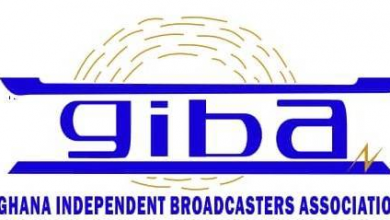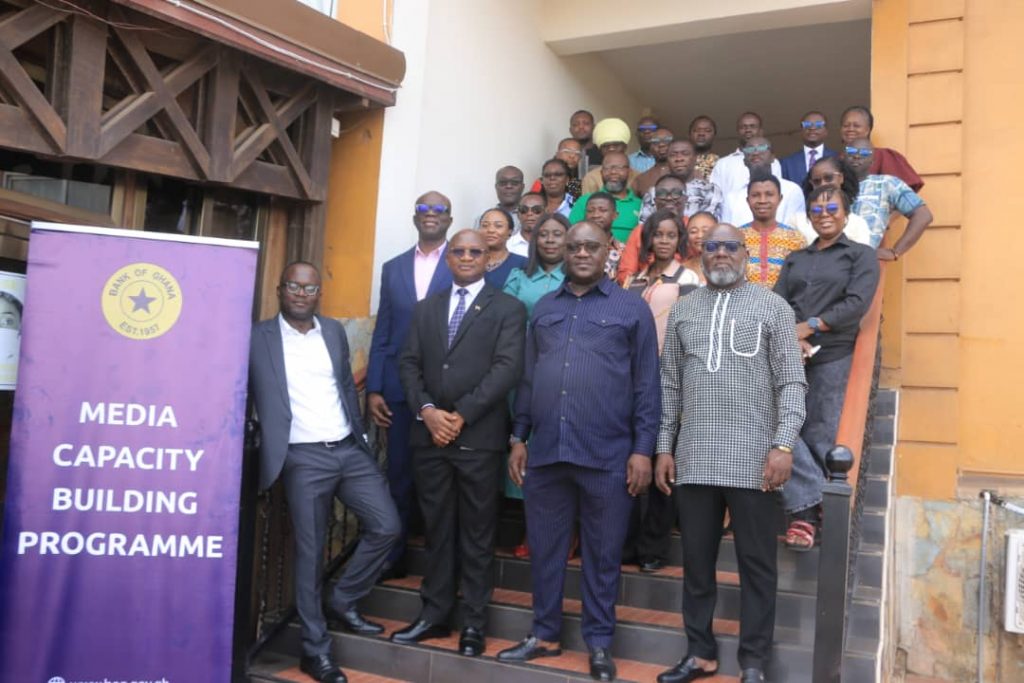
The Bank of Ghana (BoG) has rolled out a residential training workshop in Takoradi aimed at sharpening the capacity of journalists to accurately interpret and communicate complex economic issues, monetary policy decisions, and their wider implications for the Ghanaian public.
The workshop, which brought together journalists from across the Western Region, covered key thematic areas including Monetary Policy Practice in Ghana, Understanding Inflation Dynamics, Developments in the Foreign Exchange Market, Interpreting the Monetary Policy Committee (MPC) Data Pack, and Responsible Borrowing. Participants also engaged in hands-on exercises to enhance practical financial reporting skills.
Speaking at the opening ceremony, Bernard Otabil, Director of Communications at the Bank of Ghana, highlighted the centrality of the media in shaping public understanding of economic policies. Conveying greetings from the BoG Governor and leadership, he said, “I am particularly happy to be since it has been a long time since I was here to take part in a training programme for journalists like this. As part of efforts towards improving strategic partnerships and relationships with the media, the Bank of Ghana is organizing these media training workshops.”
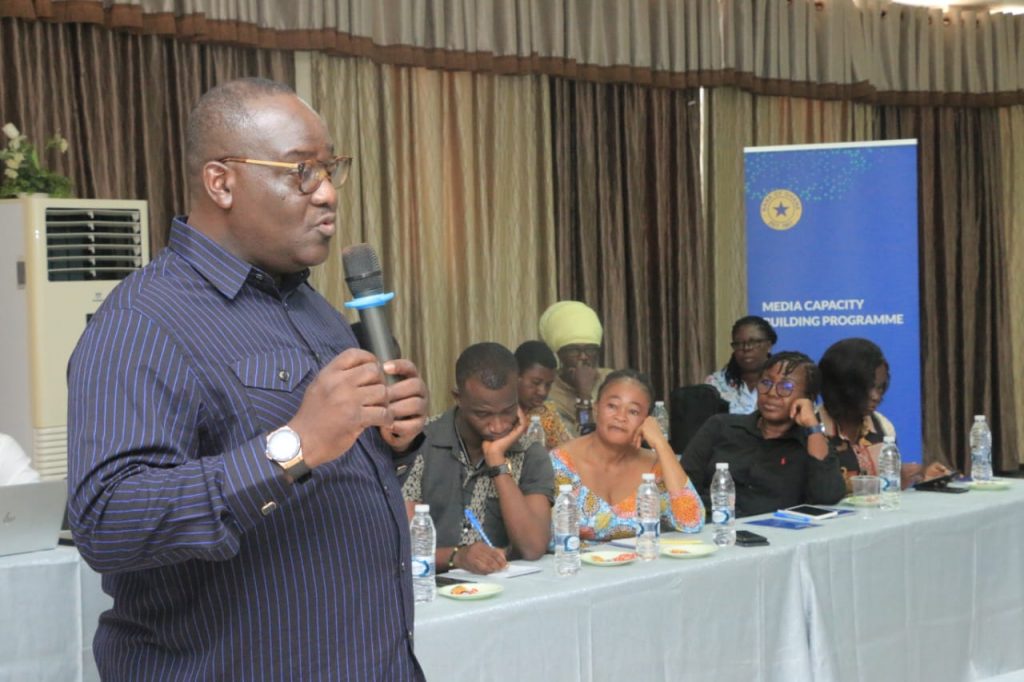
“The Management of the Bank recognises the important role journalists play in sensitising the public about its policies and programmes nationwide, especially after the Bank’s Monetary Policy meetings and the media engagements that follow.”
Mr. Otabil explained that the workshop was not designed to teach basic journalism skills, but rather to equip journalists with the knowledge to tell compelling, accurate stories about the Bank’s policies, especially in the area of monetary policy.
“At the onset, let me be clear about this media training programme. This media training is not to enhance your interviewing skills nor to help you define the old question of journalism: What is News! Rather, it is to further enhance your ability to craft compelling narratives about the policies and objectives of the Bank, especially as far as monetary policy is concerned. We want you to be able to navigate the often-complex world of economics and finance. Essentially, the Bank is committed to empowering journalists to deliver impactful narratives about the MPC and build your confidence in writing about business and finance,” he stressed.
Echoing similar sentiments, Mr. Kofi Assan, Regional Manager of the Bank of Ghana in Takoradi, described the media and the Bank as “partners with a shared responsibility” in promoting sound financial management across the country. “When the Bank and the media collaborate effectively, it enhances public understanding and supports economic stability,” he added.
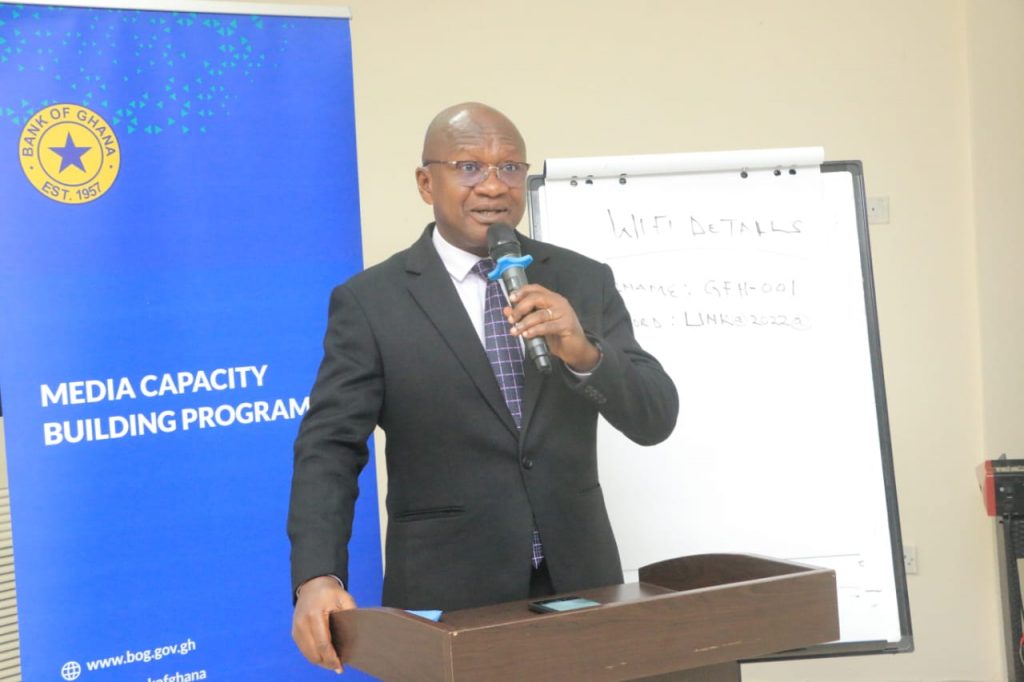
For his part, Mr. Desmond Cudjoe, Western Regional Chairman of the Ghana Journalists Association (GJA), commended the Bank for the initiative and urged that such capacity-building workshops be organized regularly. “The media needs a stronger interface with economic institutions to enable us interpret financial issues accurately for the general public,” he noted.
Participants were taken through critical topics such as Macroeconomic Analysis and the Significance of Macroeconomic Indicators, Responsible Borrowing, and Inflation Dynamics, with facilitators like Providence Mireku, Head of Monetary policy and Strategic Communications, providing insights into how journalists can demystify technical economic content for their audiences.
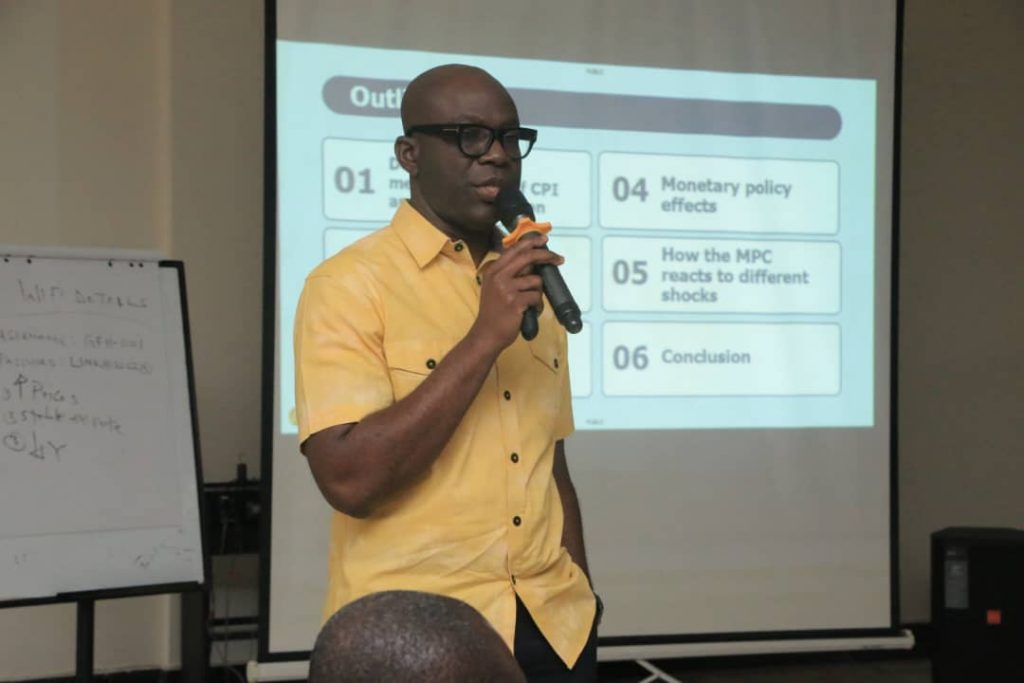
The training forms part of the Bank’s broader efforts to enhance transparency, public education, and informed discourse on Ghana’s economic direction, particularly in the wake of evolving global and domestic financial challenges.





